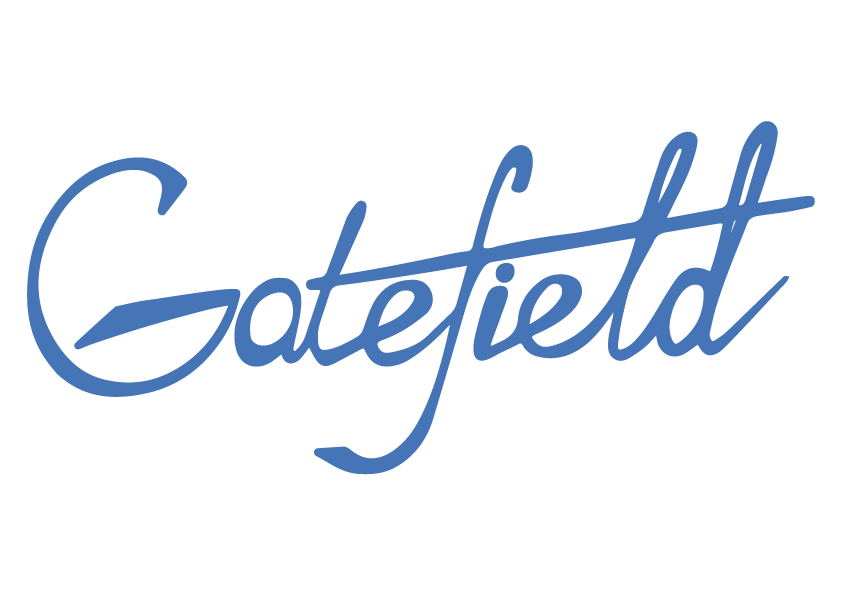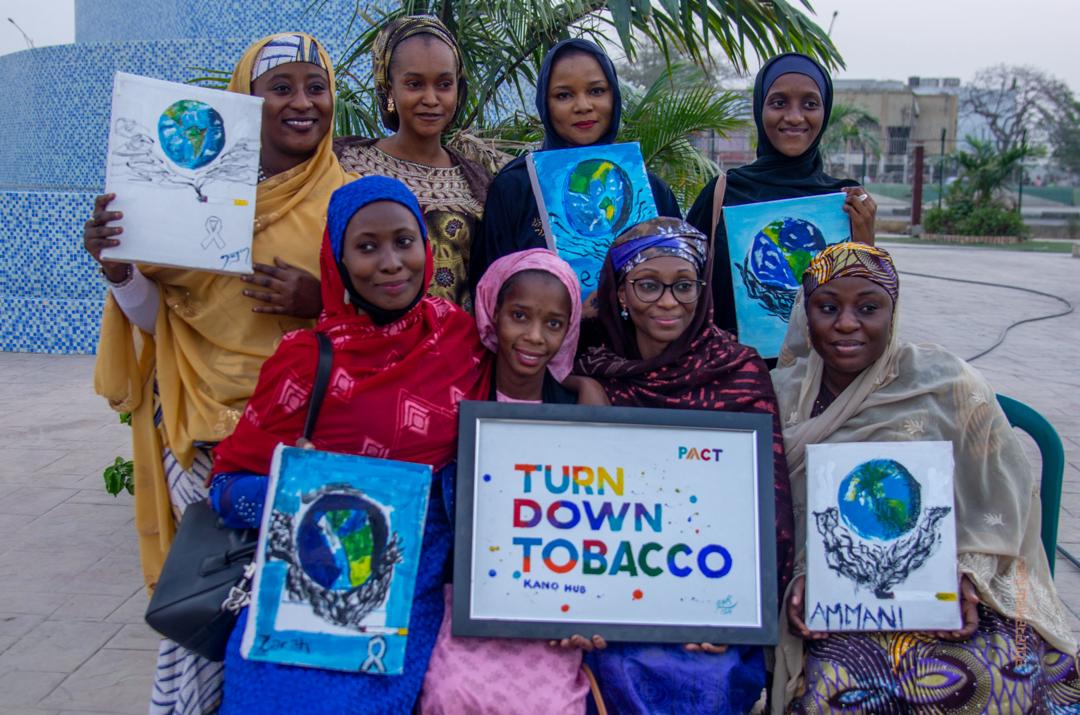Abuja, April 22, 2025 – Despite their outsized contribution to Nigeria’s economy, women entrepreneurs continue to be left behind when it comes to funding. They receive less than 10% of SME loans, despite data showing that 95% of loans to women are repaid. Instead, they face steep collateral demands, high interest rates, and rigid lending systems that consistently shut them out.
Determined to change this, a collective of Nigerian women including Folu Storms, Jemima Osunde, Abosede George-Ogan, Omowunmi Akingbohungbe, Tosin Olaseinde, Lehle Balde, Habibah Waziri, Sa’adatu Hamu-Aliyu, Ekemini Akpakan, Fola Ibowu, Mojisola Humponu-Wosu and Chioma “Chigurl” Omeruah, among others have launched a new campaign titled WEEwa₦tMore, urging the country’s top financial decision-makers to dismantle systemic barriers to funding women-owned businesses.
In a public appeal released this week, they called on Nigeria’s most powerful financial players to take immediate, structural steps to unlock capital for women entrepreneurs. The campaign directly challenges policymakers such as Central Bank Governor Olayemi Cardoso; Finance Minister Wale Edun; Minister of Industry, Trade and Investment Dr. Jumoke Oduwole; Minister of State John Owan Enoh; and the chief executives of the Bank of Industry (BOI) and Small and Medium Enterprises Development Agency of Nigeria (SMEDAN), as well as CEOs of major Nigerian banks.
According to a Gates Foundation survey, 62% of Nigerian women lack the capital to start or expand their businesses, with limited access to affordable loans and outdated collateral requirements continuing to restrict growth. Economists estimate that fully supporting women’s participation in the economy could increase Nigeria’s GDP by $229 billion.
Demands for Key Decision-Makers
The campaign is calling for these decision makers to publicly commit to making key shifts in order to fix the country’s gender gap in business financing including:
- The creation and expansion of dedicated funds for providing credit to women
- The reservation and allocation of 40% of MSME loan portfolio to women and simplify collateral requirements, using approaches such as cash flow financing
- The institution of a 30% gender-based lending targets for commercial banks by the Central Bank of Nigeria
- The allocation of 50% of government-supported MSME intervention funds to women-led businesses
The campaign calls on Nigerians to sign a petition through a dedicated website www.weewantmore.ng
Quotes from Key Voices
Chioma ‘Chigurl’ Omeruah: “Half of our economy is driven by Nigerian women, yet they lack access to capital and loans, making it difficult to expand their businesses. The most important thing to note is that Nigerian women are reliable as 95% of loans gotten by women are repaid, yet less than 10% of SME loans go to women. It’s time to step up and fund women’s ambitions.”
Jemima Osunde: “34% of Nigerian women dream of expanding their businesses, but the walls are up against them due to systemic barriers and lack of access to loans or credit. Addressing this funding gap is crucial for women’s economic empowerment and national development.”
Download campaign assets here.



